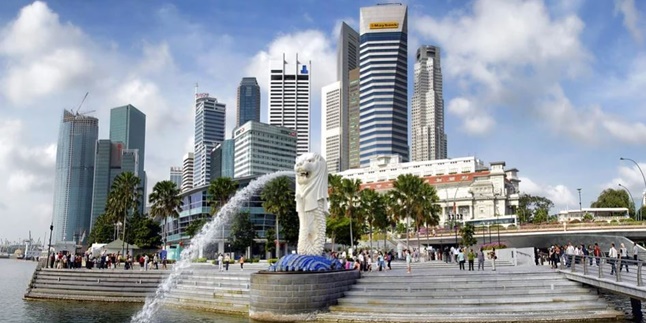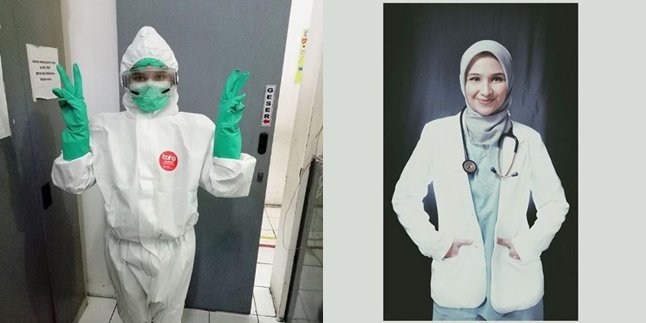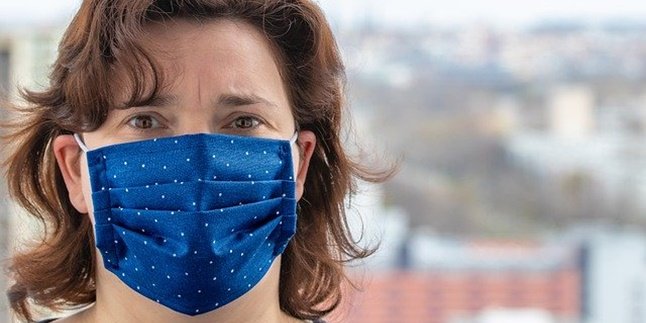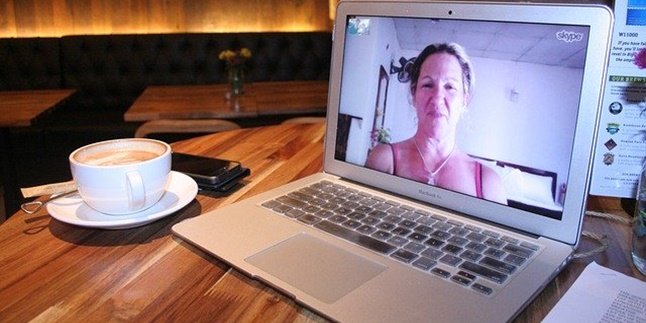Kapanlagi.com - The problem of the pandemic corona virus is not over yet. All countries are still working extra to break the chain of virus transmission. Each country's steps certainly have different handling methods. For example, Singapore.
It is known that Singapore is the first Southeast Asian country to be infected with the corona covid-19. Singapore also became a country with a high transmission rate related to the corona virus. In late January 2020, Singapore became the country with the most corona virus cases after China.
However, Singapore is considered responsive in handling corona cases and has received a lot of praise for this. One secret to Singapore's success in suppressing the spread of covid-19 is by deploying detectives/intelligence to track possible positive cases in order to be one step ahead of the virus spread.
So, what are the other efforts and how does Singapore handle the spread of the corona virus in their country?
1. Having Planning and Soon Applied

(credit: freepik)
Singapore is indeed a country in Southeast Asia that is exposed to the corona virus. This has made its citizens panic and hoard some food in supermarkets. Knowing this, the Singapore government has a policy that will be implemented if this corona outbreak continues.
Learning from the experience of the SARS outbreak in 2003, Singapore now implements the best way, which is to fight the outbreak by taking action beforehand. This is done through checking the residents after the first corona case appears, preparing laboratories, Singapore is also alert to checks at airports and all school buildings. The planning carried out by Singapore is considered very good in early prevention.
2. Formation of Health Clinic Networks

(credit: freepik)
Furthermore, in combating the corona outbreak, Singapore has taken initial steps to remain alert as the corona virus continues to spread. One such step is the activation of a healthcare network called the Public Health Preparedness Clinics (PHPC).
These clinics are general service clinics strengthened with respiratory disease specialists. Since February, Singapore has opened 900 clinics for initial referrals for those with symptoms. These clinics also determine whether their residents require further services or just need to be tested for mild symptoms. Therefore, the initial step of establishing a healthcare network is considered helpful as the government can obtain data more quickly.
3. Caring for those who are Positive for Corona
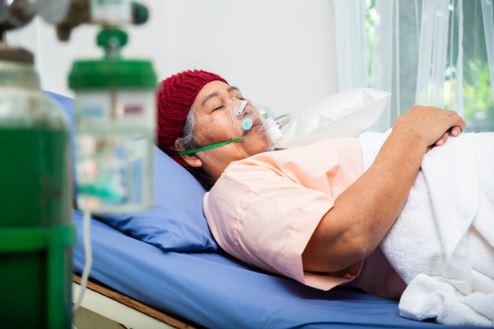
(credit: freepik)
The next responsive step taken by Singapore is that if any of its residents are exposed to the corona virus, they will be transferred to specialized hospitals for treatment until they recover. This is different from other countries that still allow those with mild symptoms to stay at home.
The main hospital facility in Singapore that handles positive cases is the newly opened National Centre for Infectious Diseases. This facility was built to handle a crisis as severe as SARS, with 330 beds and state-of-the-art facilities.
4. Tracking the Movement of Previous Patients

(credit: freepik)
Singapore residents who were previously exposed to the coronavirus, the government promptly initiated movement tracking of these patients. This tracking is intended to enable the government to prevent the spread of the COVID-19 virus.
The way this patient tracking works is that relevant officials will call those who have interacted with patients who have tested positive. This is done to assess their condition. In addition, the Singapore government has also developed an application called 'TraceTogether' and urges its citizens to download the app.
In addition to the app that can track the movements of those affected by the coronavirus, the Singapore government will also take strict action against its citizens who violate certain rules during the pandemic.
5. Creating Messages on Social Media

(credit: freepik)
The role of social media in the rapid development of technology has led the Singapore government to utilize it by creating clear messages on social media.
The Singapore government, with the assistance of other ministries, creates a message that is then sent through WhatsApp by the government, translated into four languages: Mandarin, English, Malay, and Tamil.
These are some of the steps taken by the Singapore government to address the spread of the coronavirus. Despite taking the aforementioned measures, Singapore is still facing the COVID-19 pandemic.
(kpl/dtm/gen)
Disclaimer: This translation from Bahasa Indonesia to English has been generated by Artificial Intelligence.
